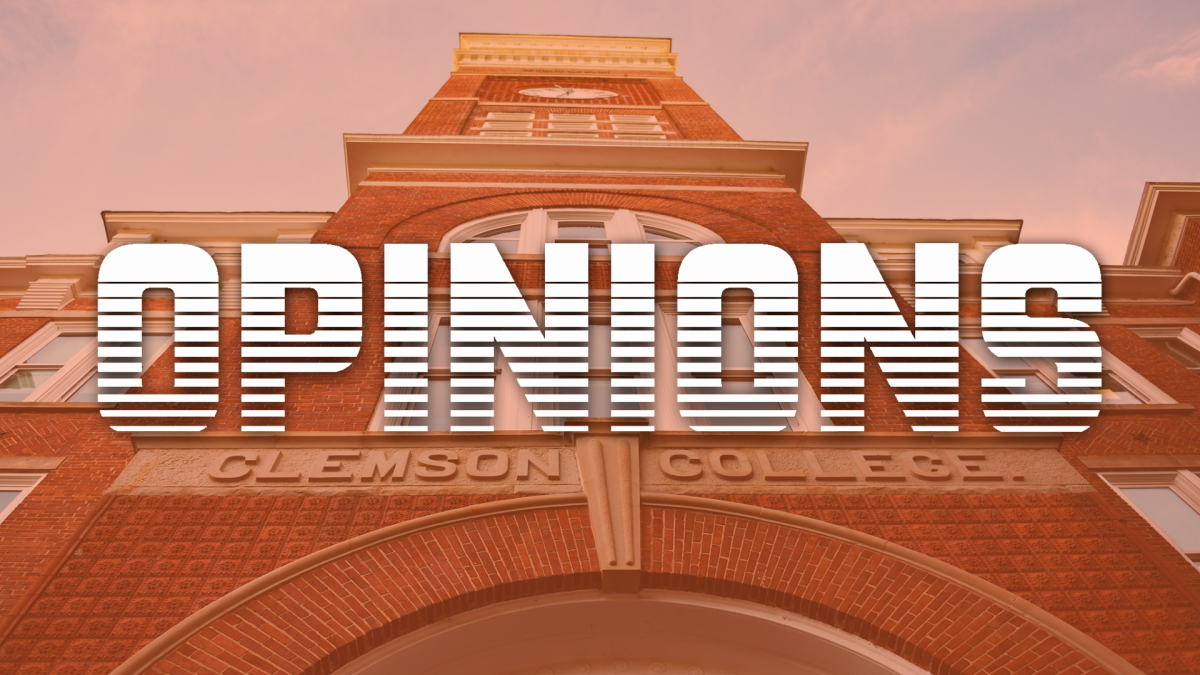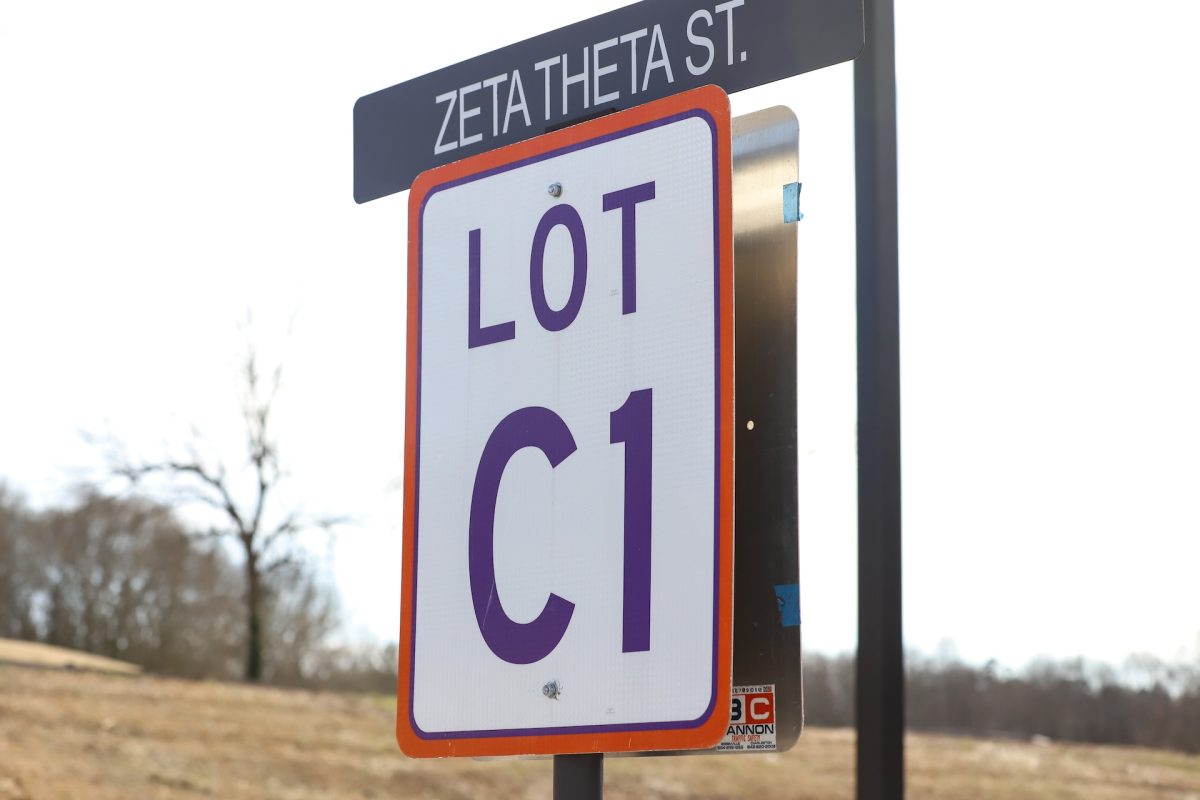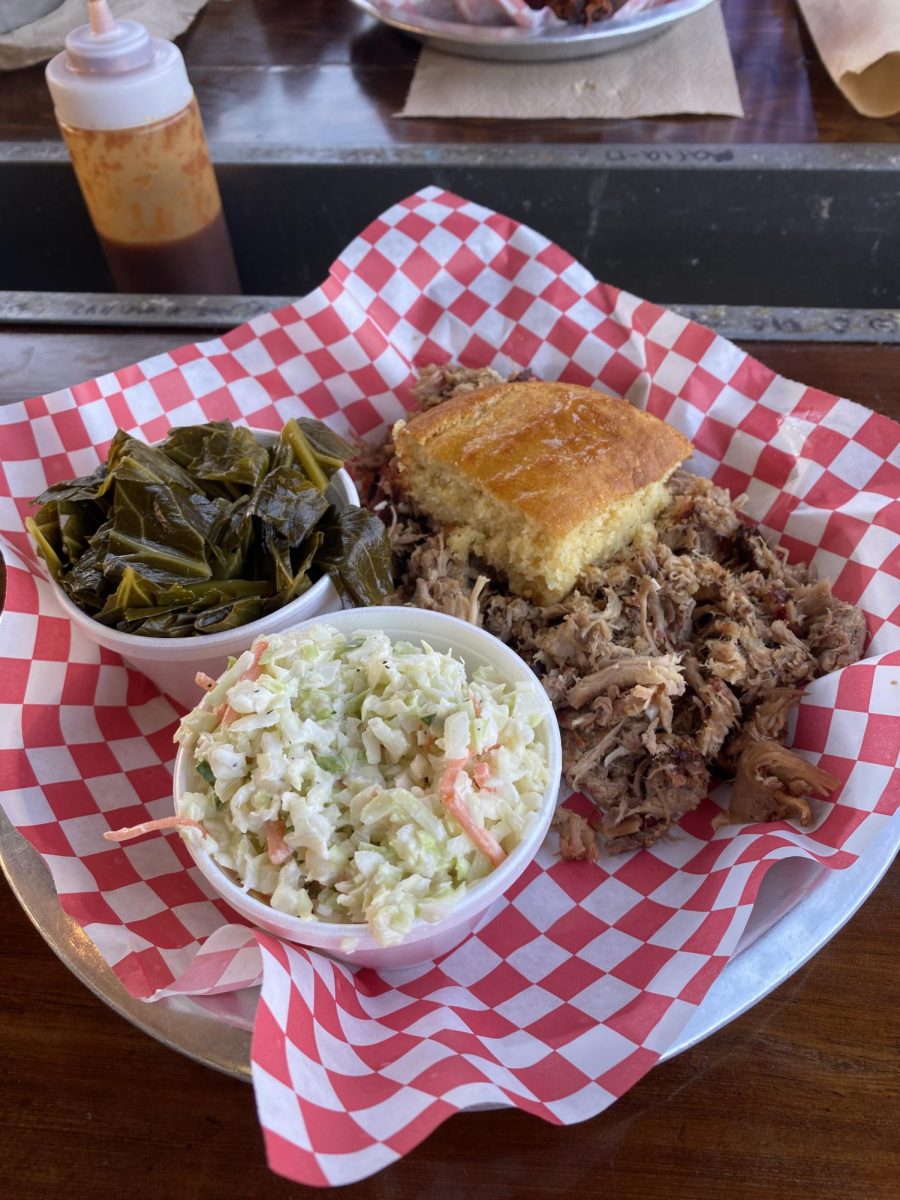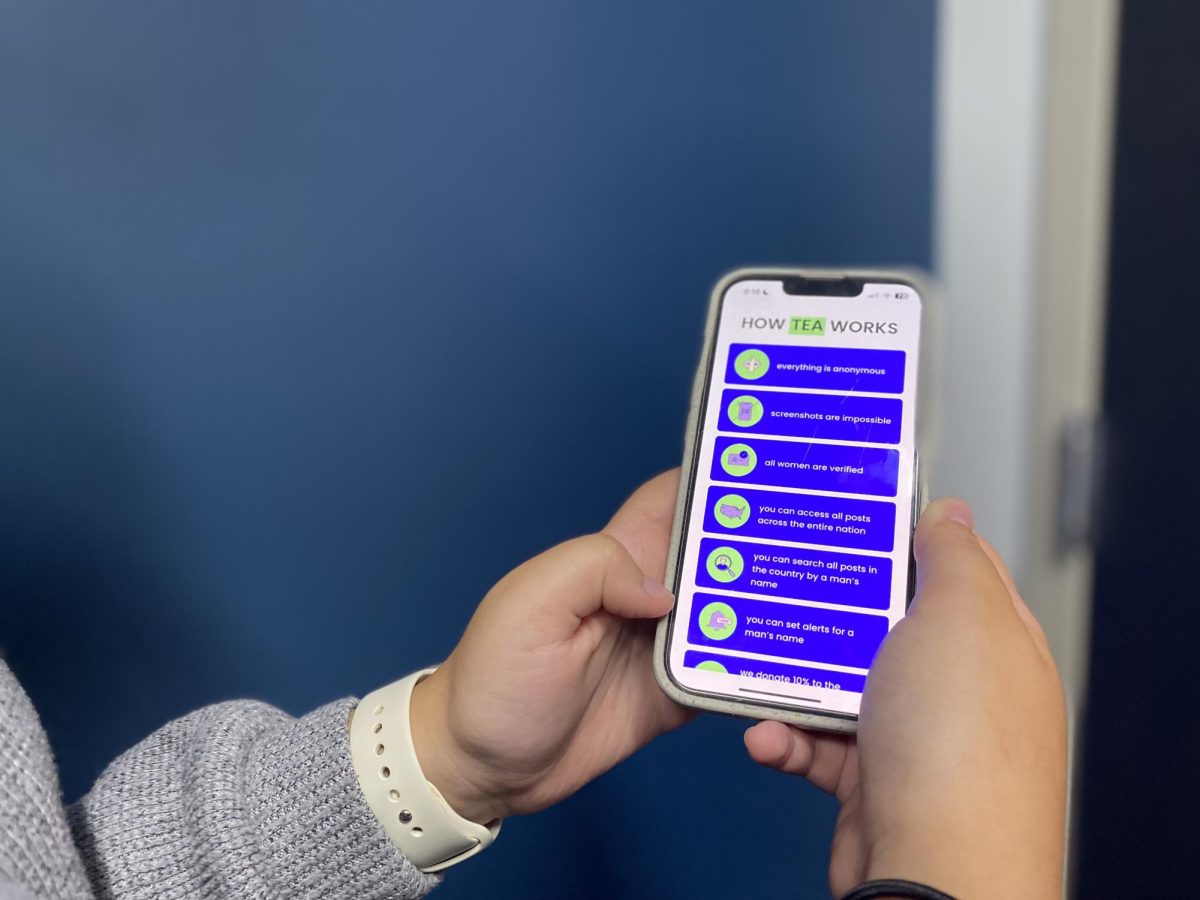There are currently active campaigns in both the U.S. and the U.K. to “decolonize” universities. The apparent intention is to remove all paraphernalia associated with any sort of colonial or racially-oppressive past, thereby creating a more supportive environment for racial inclusion. However, is there a chance that erasing the past also erases the institutional memory warning against repetition in the future?
It must be clear to even the most blinkered of observers that we in the U.S. have not even begun to heal the wounds of slavery, the Civil War, the Confederacy, the Reconstruction, Jim Crow and Segregation. Nor have we begun adequately to address all of the complex and intertwining emotions, first suppressed and now being released, arising from the actions taken since the ‘50s, the purpose of which was ostensibly to right wrongs.
Racial friction in the United States is not only about its black and white inhabitants. However, the starting point for any much-needed and rational debate about race in this country has to start with the state of relations between our white and black citizens. Only an idiot would pretend otherwise.
If the antagonism between these two peoples was finally, adequately addressed, then it would help make the US the more temperate and welcoming “melting pot” so graciously encouraged by the inscription on the Statue of Liberty and so wishfully dreamed of by Martin Luther King, Jr.
Human beings are fallible. The history of almost every major nation is replete with stories of horror and inhumanity. Those responsible for founding the United States wiped out whole tribes of Native Americans with arms and disease in their zeal to provide the folks back in Europe with raw materials for their burgeoning trade and industry. These founders were the ones who brought over millions of slaves to populate the plantations.
Today, we surely wish our antecedents had behaved better. We do what we can to make amends. Sometimes, we don’t do as much as we could be doing, but folks aren’t perfect. Life is about progress, not constantly living in the past.
The one important lesson we should be learning is that we don’t change the past by hiding it. As painful as it may be, we highlight that past so as not to repeat its mistakes. We tell our children and our students about it. We hold it up. We examine it, and we remember it in all its horror. We do this to ensure it never happens again. Then, we focus our attention on improving inclusivity now, in the present.
Any self-respecting Clemson student naturally opposes racism and discrimination. They should also be wary of hypocrisy and political nonsense. Just recently, a petition made the rounds of the Clemson campus calling for the Calhoun Honors College to be renamed, so as to remove any association with the slave-worked plantation owned by the Calhoun family, which, in the person of Thomas Green Clemson, made the land grant establishing Clemson University.
Could it be argued that by erasing the name we remove any institutional memory of a history which should be present to inform us about what to avoid in the future? This memory is especially salient at a time when many feel that efforts are, once again, being undertaken to make voting more difficult for those of color and at disadvantage.
When society is seen to favor one group over another, doesn’t it lead eventually to backlash? Wouldn’t it be better to recognize mistakes in the past and focus our attention on creating genuine equality of opportunity going forward?
Working for real equality of opportunity is a process. It is not an immediate end result. No one can wave a magic wand and make it happen overnight. Students are a part of this process. In a world of authentic equality of opportunity, with no favoritism being demonstrated to anyone, students enter university on an equal footing. For sure, our grades are different. Our financial circumstances are different. Our backgrounds are different. Yet, we are all given the same opportunity to learn, to study, to criticize and to flourish. That is what we are expected to do: to examine, to analyze and to argue, critically.
Isn’t this where our efforts should be focused, rather than pretending that politically-motivated favoritism in respect to one group in our society is actually an even-handed and accurate recasting of history, when it is nothing of the sort?









